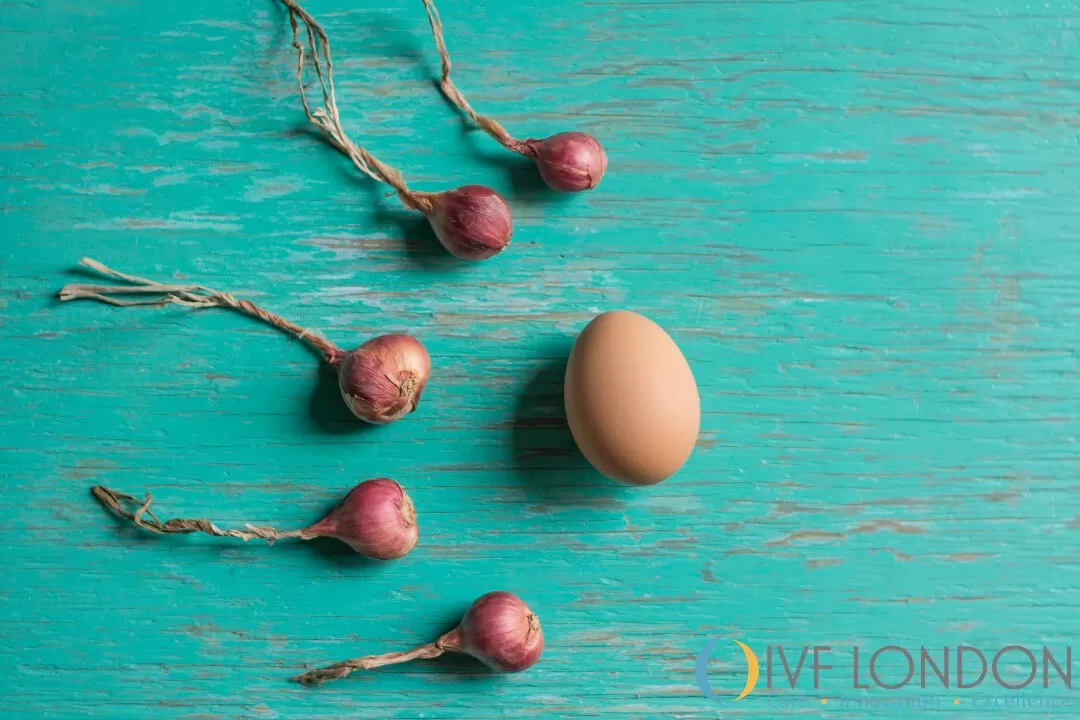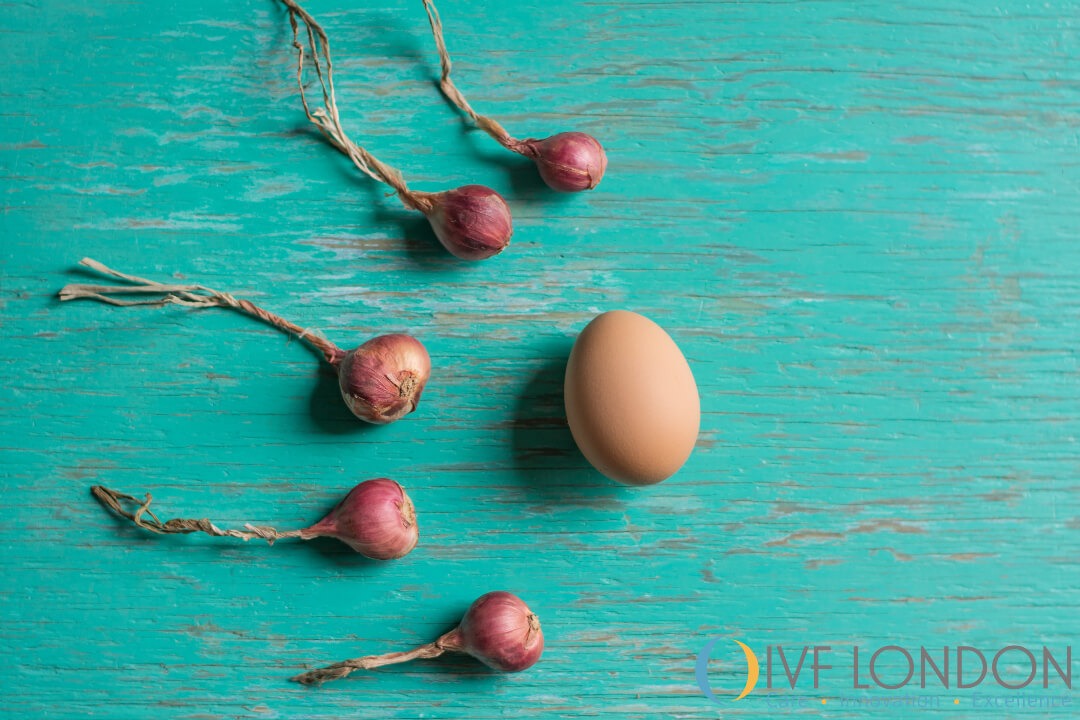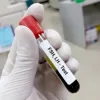The Best Diet to Improve Fertility
One in every 6 couples is affected by infertility and the World Health Organisation has declared it a global health issue. Of all cases of infertility, around 40% is linked to female factors, 40% to male factors, and 20% to unknown causes. Although over the last few decades, the science behind infertility treatment has progressed considerably, there is still a long way to go. This means that we are still grappling with infertility and there are so many factors that are not under one’s control. Everything from age to lifestyle and genetics has a role to play when it comes to healthy fertility.
Nutrition plays an important role in the quality of eggs and sperm, and overall fertility. Unlike other factors – such as age, genetics, and other medical conditions – nutrition is a factor under our control and requires no medical intervention – it is an all-natural way to encourage your body to improve the fertility potential.
Over the last few years, awareness about the importance of finding the best fertility diet has been growing. More and more research has been done in this area and the best foods that promote fertility are being determined with the help of extensive studies. One such study is the Nurses’ Health Study conducted by Harvard. This is a long-term project that examines the effects of diet and other factors on 18,000 women who are either pregnant or trying to conceive. The results from these studies reveal which foods to include and which foods to avoid when trying to conceive and also confirms some things that were already in the public knowledge.
As an overarching general rule, two factors related to diet – nutrition and a healthy body weight – play a key role in a couple’s ability to get pregnant. According to America’s National Fertility Association, 30% infertility cases are caused by weight extremes. A Body Mass Index (BMI) of 18.5 – 24.9 is considered ideal.
So what is the best diet and the best foods you can eat to improve your fertility?
- Slow or complex carbohydrates such as whole grains and beans take more time to be processed by the body to turn into sugar and insulin. Replacing bad carbs that provide instant sugar (such as cookies, white bread, white rice) with slow carbs has a positive effect on fertility as insulin is found to inhibit ovulation.
- A fruit-rich diet – It was found that women who consumed fruits three times or more a day conceived half a month faster than women who had a lower intake of fruits – say once or twice a month. Similarly, the risk of infertility jumped from 8 to 12 percent – almost by half – in women with the lowest intake of fruits.
- Green leafy vegetables contain a lot of iron, which is an essential factor in helping couples be more fertile. Non-heme iron – the kind that you get from vegetables, grains and seeds are more effective than heme iron – the kind found in meats, helps to increase infertility.
- Healthy fats – Not all fats are bad for health. There is no need to substitute whole milk with skimmed milk, or cheese with low-fat cheese. The latest studies show that contrary to what was believed earlier, women have a higher chance of conceiving when full fat dairy products are included in their diet.
- Supplement with multi-vitamins– Vitamins are some of the most important factors that can help a woman conceive. In a study, women who took multi-vitamins had 40% less chance of developing ovulation disorder. Vitamin B9 is one of the most important vitamins. Usually known as folate or acid folic, it’s essential for cell growth and the formation of DNA. Lack of folate or folic acid results in birth defects so the NHS recommends it as a supplement to all women planning to conceive. Folate is the natural occurring form of vitamin B9 whilst folic acid is a synthetic form. The main difference between the natural and synthetic form is that the majority of folic acid is not converted to the active form of vitamin B9 in the digestive system. Instead, it needs to be converted in the liver or other tissues, making the process slow and inefficient. Therefore, when choosing a prenatal multivitamin, look for folate!
- Avoid alcohol, junk food, caffeine– A diet is as much about avoiding certain foods as it is about what foods to eat. Alcohol and beverages high in caffeine (including sugary soft drinks) have a deteriorating effect on fertility. One study showed that for couples who ate junk food on a regular basis, there was a twofold increase in the risk of infertility. So, avoid these at all costs while trying to conceive.
A healthy diet should also go hand in hand with a moderate exercise regime. Women who are trying to conceive should keep themselves active. Following a regular but moderate exercise regime throughout your pregnancy period also helps in a smoother and less painful delivery of the baby.
At IVF London we work with a nutritionist who can help you improve your diet for fertility. Get in touch by scheduling an appointment or attending one of our open evenings.





